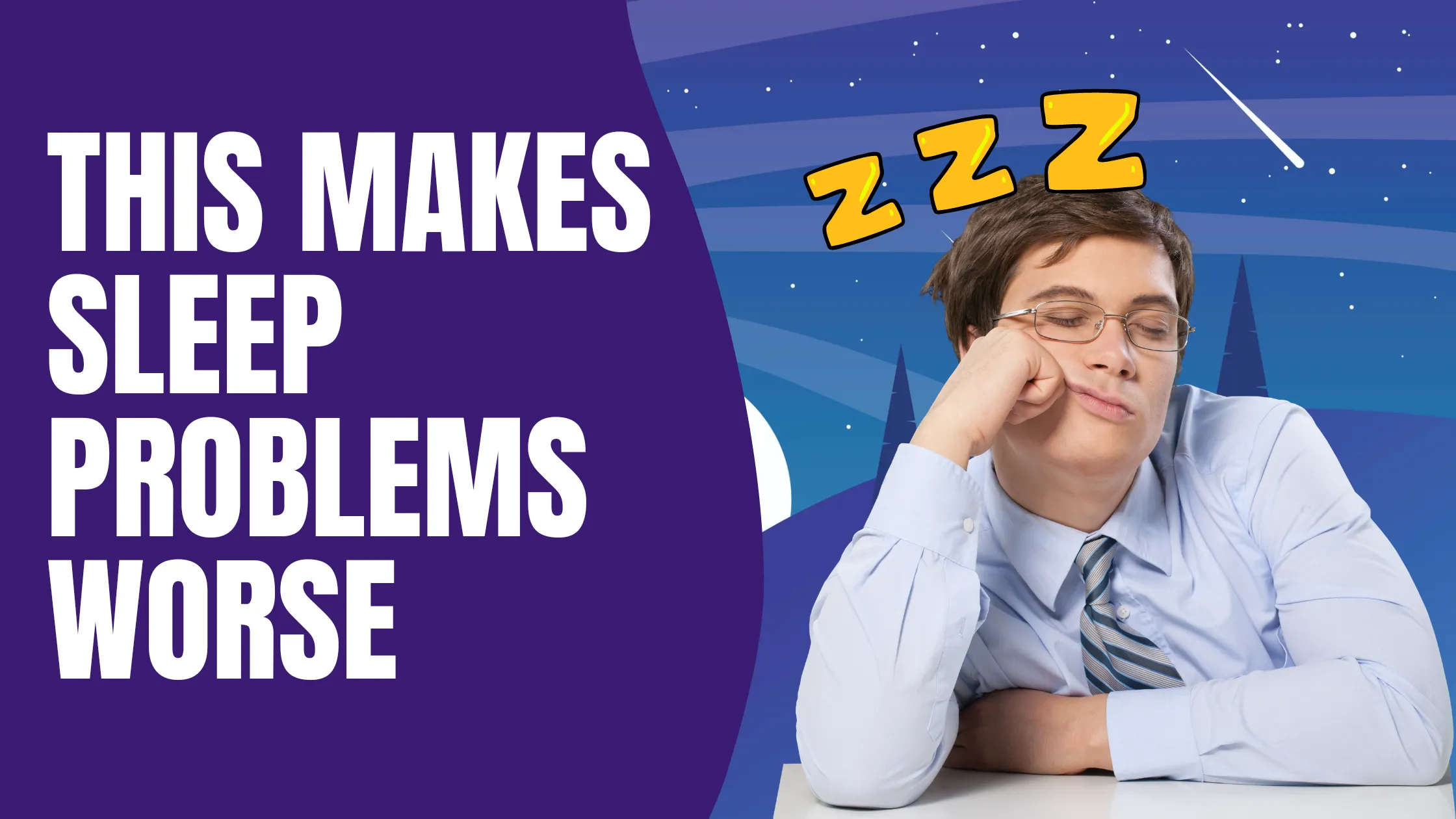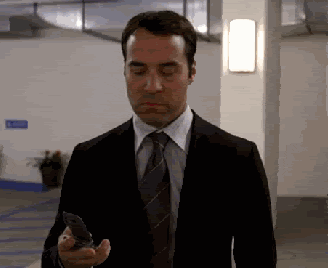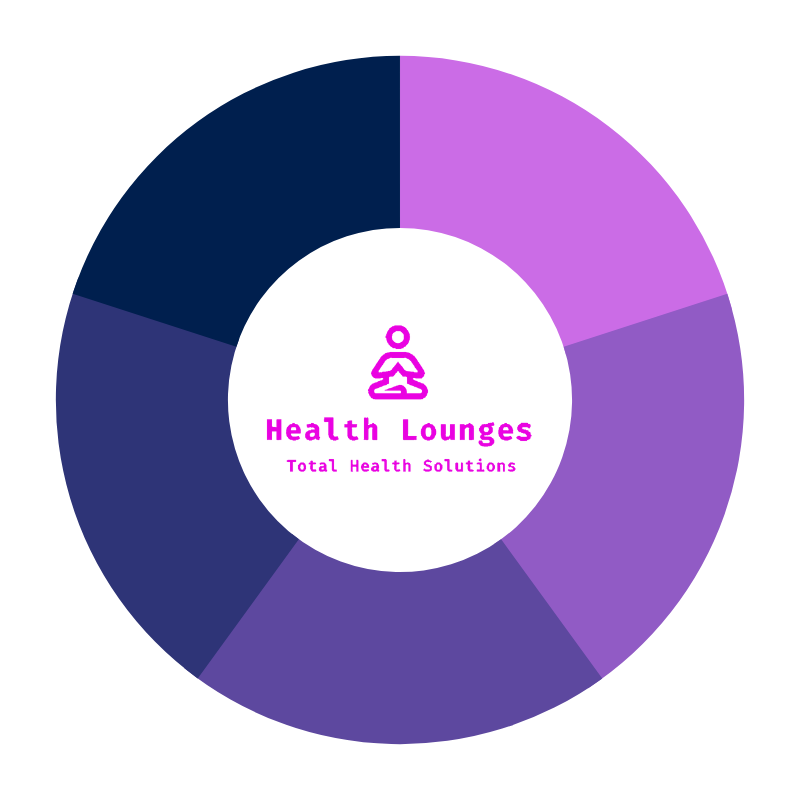A Self Care Strategy that works

When people think about stress management, they often focus on ways to remove stressors.

Somebody should’ve told Ari that it’s not the phone that’s the actual stressor.
That’s logical, of course.
But sometimes, adding more recovery can be just as effective as reducing stress.
When you recover, you regain, restore, or recuperate what you’ve lost. And you return to your baseline well-being, health, and performance state.
Sounds great, right?
Of course, there’s one big challenge with this approach:
What if you don’t have time to ADD anything else—even if it’s good for you?
Well, we have a thought tool for that.
It’s called the “dial method.”
Instead of looking at recovery and stress management as an “on” or “off” switch—you’re either doing ALL the things or NOTHING—think of it more like a “dial.”
The image below shows what stress recovery might look like on a continuum, from devoting five minutes a day to something vital to making it your job to be a Master of Chill.
To apply this concept, start by identifying your baseline: Are your recovery and stress management practices currently at a 1 or 2? Or maybe even a 0?
If so, no judgment. This is just where you are.
Now think about what “a little better” might look like.
Even by one or two “notches.”
You might…
Add five minutes of journaling to your evening routine.
Take a 10-minute walk to get sun and fresh air three mornings a week.
Do a 1-minute of deep breathing daily (try our free guide below)
Consider what just a little better might look like, and start there.
And by the way, “Level 10” is probably a pipe dream for most of us (for many reasons).
But that’s the whole point:
There are a lot of levels in between, and you can customize the activities for what’s most valuable and practical for you (or your clients). These are just examples.
For the extra frazzled, it might help to know that sometimes the BEST time to start a new practice is when you’re busiest.
If you can learn to fit stress management practices into your life when you’re swamped, it’ll feel like a breeze to keep them in there—or even build on them—when life settles down.
(And if life never settles down, at least you didn’t delay your self-care further waiting for the “perfect time.”)
Want to learn more ways to manage stress and improve recovery?
Check out our
It gives you the tools, know-how, and skills you need to help yourself (and others) cope better with life’s many stressors, improve mental and emotional well-being, and gain the capacity to make lasting health and fitness changes.
